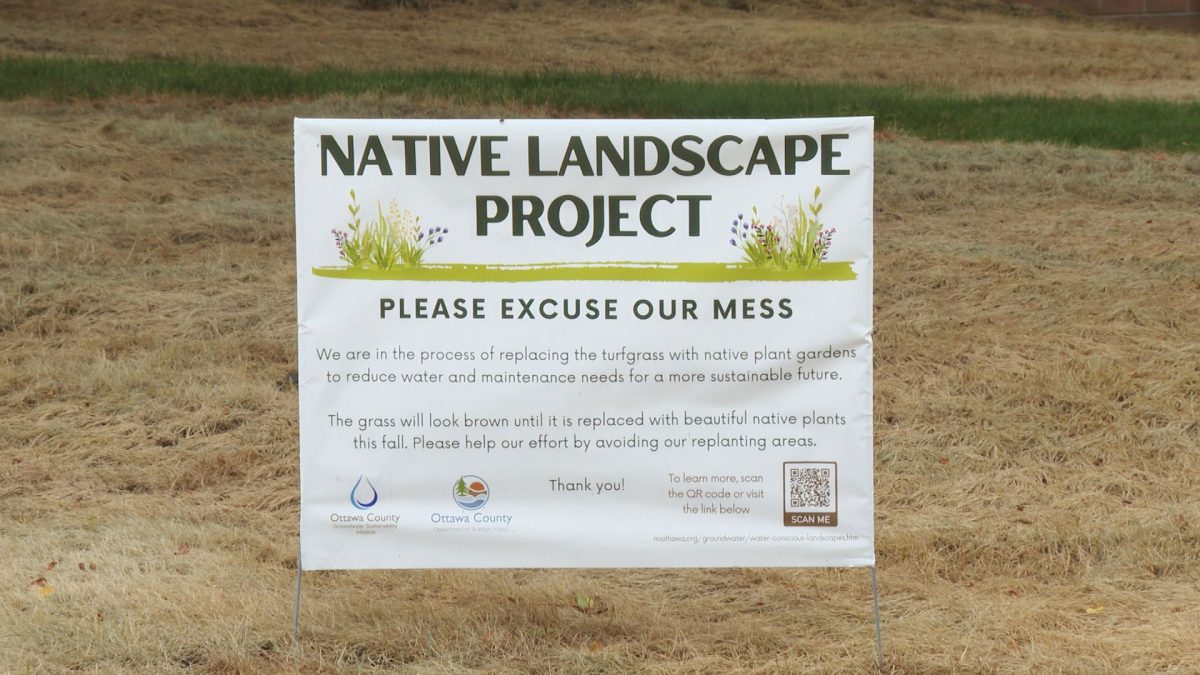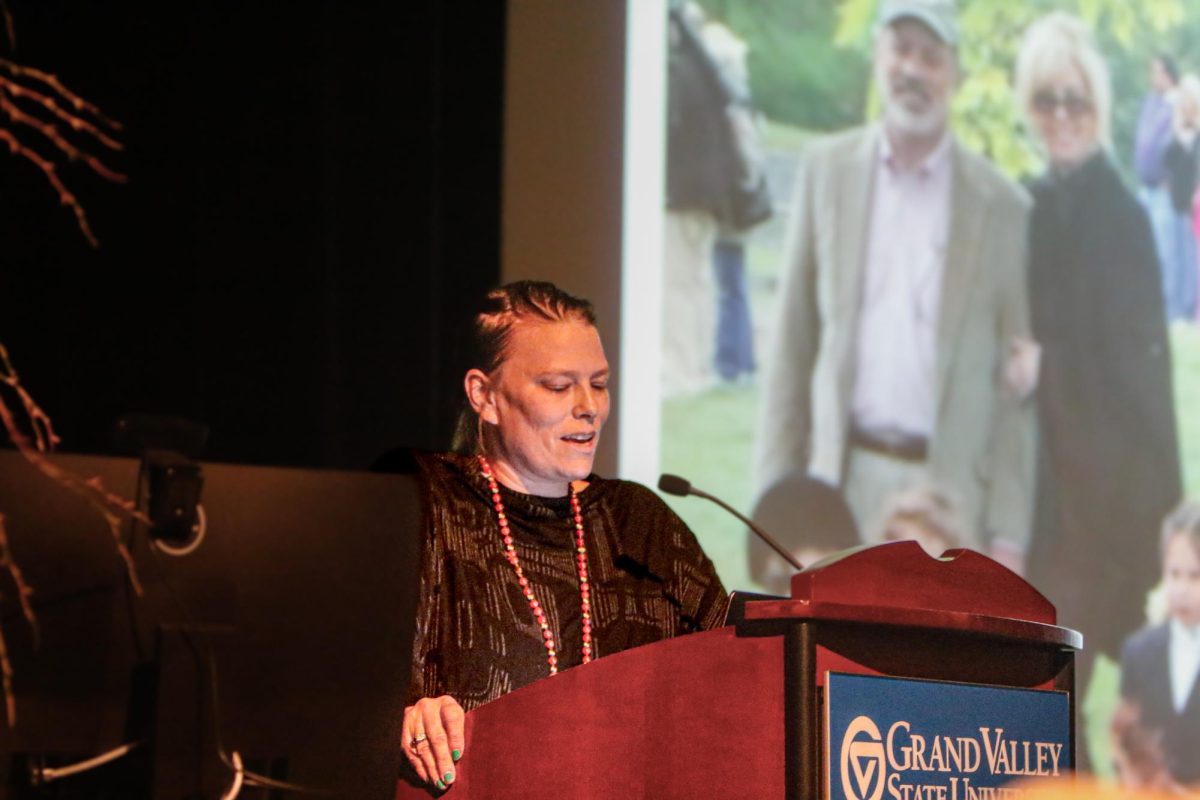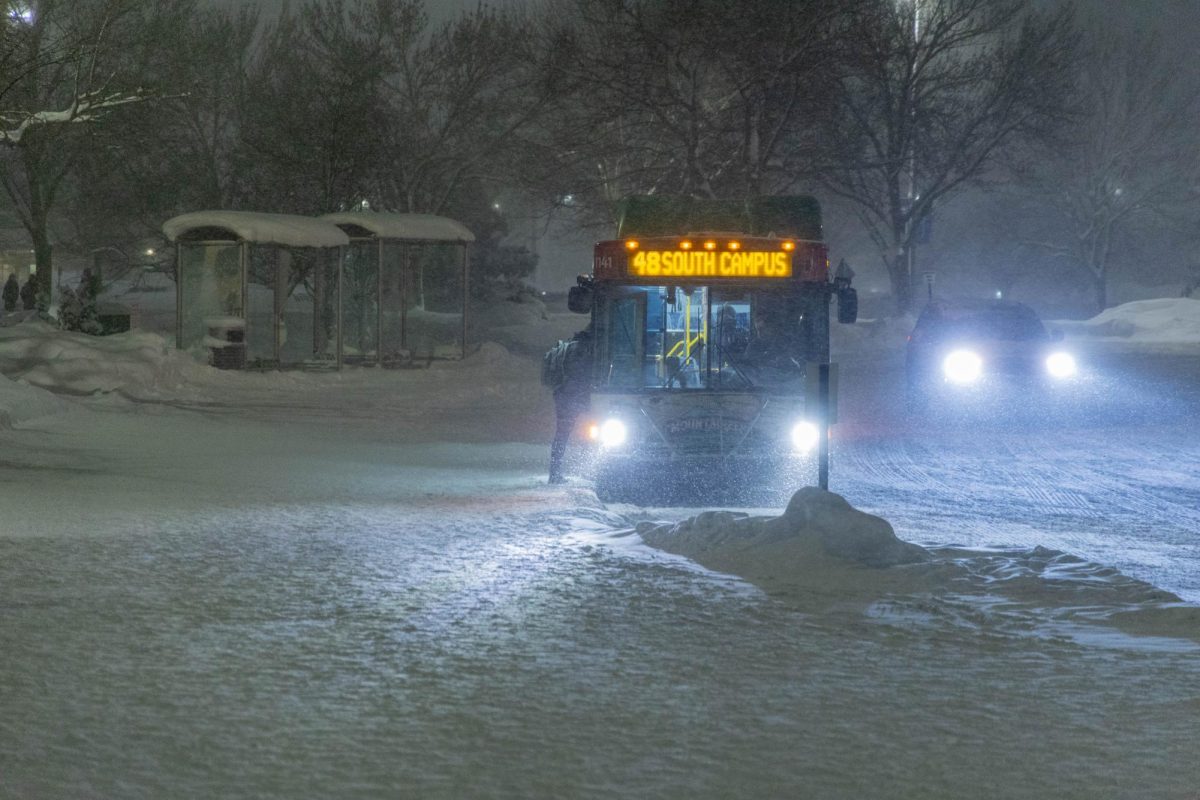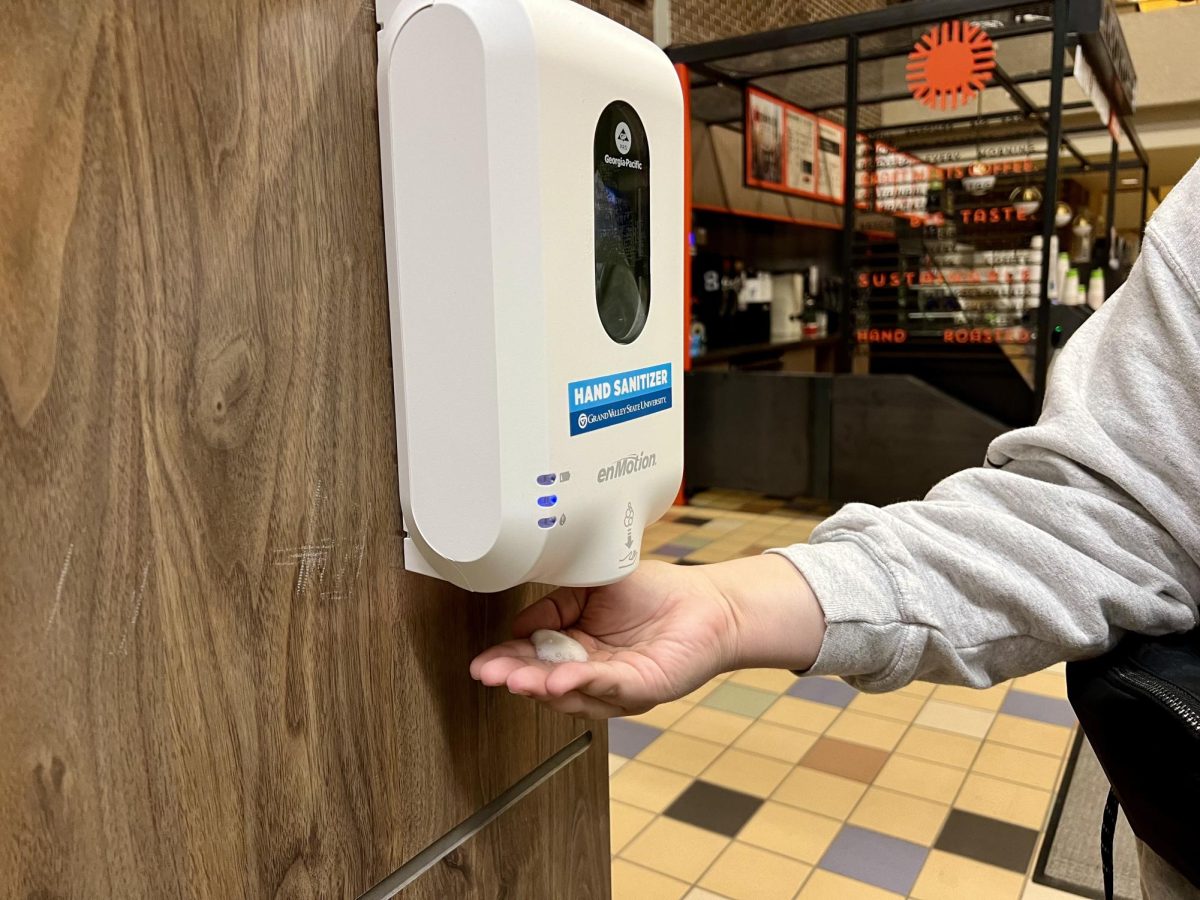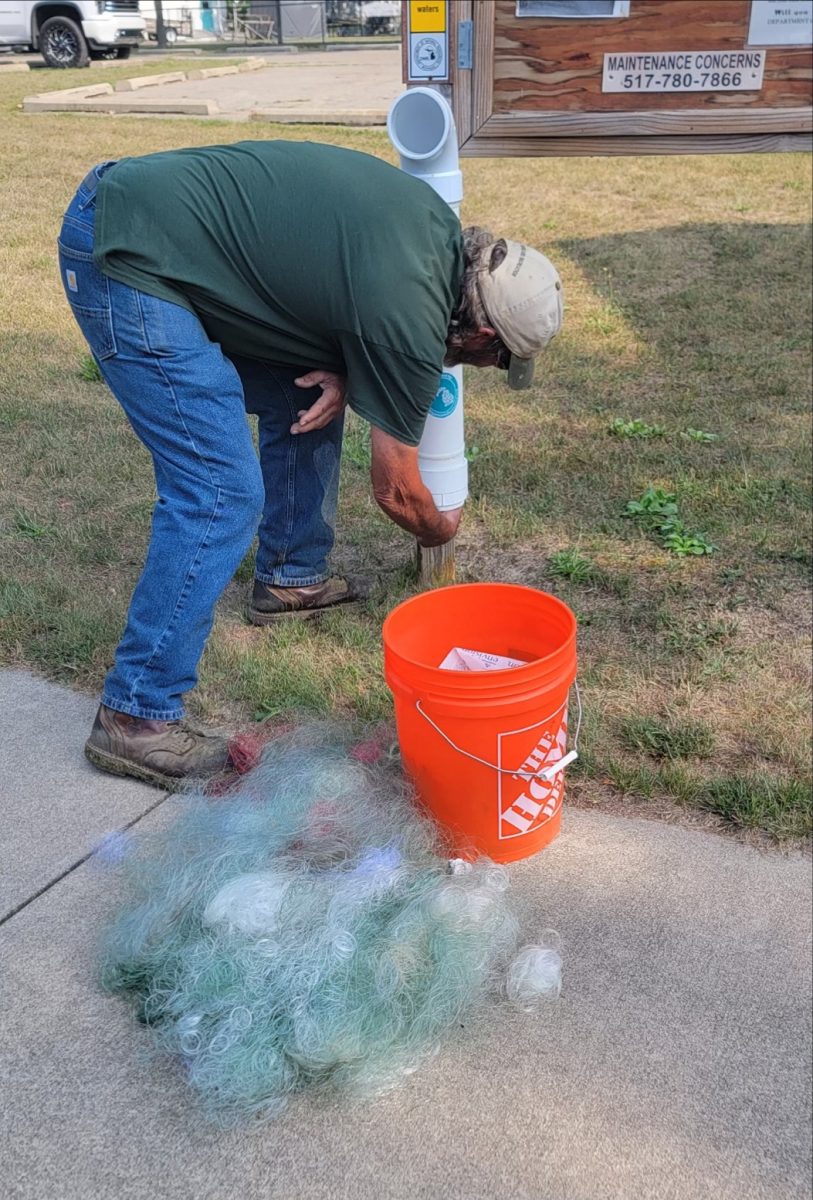In Ottawa County, one of the main issues threatening wildlife pertains to aquifers and groundwater depletion caused by residential areas.
Aquifers are rocks that can transmit groundwater. Ottawa County’s aquifers are especially important in the preservation of its nature and the success of businesses as they use water that taps into these aquifers. However, in a comprehensive groundwater study, it was found that these aquifer levels are decreasing and sodium chloride levels are rising posing a problem to clean water.
Ottawa County suggests residents should invest in making their lawns water-concise. According to the Ottawa County Planning and Performance Improvement Department, frequently watering your lawn can use over 40 tons of water during the summer, which dramatically reduces aquifer levels. Manicuring lawns can also stunt wildlife growth, especially for insects like bees which are already endangered. Rainscaping instead of manicuring, for instance, transforms lawns to recirculate rainwater which reduces rainwater runoff.
Grand Valley State University has taken strides to be more environmentally conscious. Director of the Office of Sustainability Practices, Yumiko Jakobcic, Ph. D., is excited about renewed public interest in campus sustainability. She said GVSU has an array of efforts in place to be more environmentally friendly.
“The amount of water we use on campus has been reduced 72% per square foot over the past fifteen years,” Jakobcic said.
GVSU utilizes the Storm Water Initiative, which aims create better practices regarding stormwater and stormwater run-off management. Implications related to poor run-off management include water quality degradation, groundwater recharge reduction and instability of the stream water. As the Ottawa County aquifer continues to deplete, it’s increasingly important to protect groundwater recharge.
“Some things that stand out to me are (GVSU’s) composting program and LEED-certified buildings,” said Vivian Gaskin, a GVSU senior and president of the GVSU Beekeepers Club. “To combat the bee crisis in particular, we maintain an apiary at the Sustainable Agriculture Project (SAP), our small farm located on Luce St. just south of campus.”
Additionally, GVSU’s composting program puts food and other waste into fertilizer, while the LEED-certified buildings across campus utilize 30% less energy and in direct relation to the groundwater depletion crisis 40% less water.
Not only is GVSU working to reduce the impact and strain on Ottawa County’s aquifer, GVSU is working to be more sustainable and improve the environment. They hope to combat the climate crisis in small but meaningful ways like composting, watering lawns less and being more environmentally conscious.






















